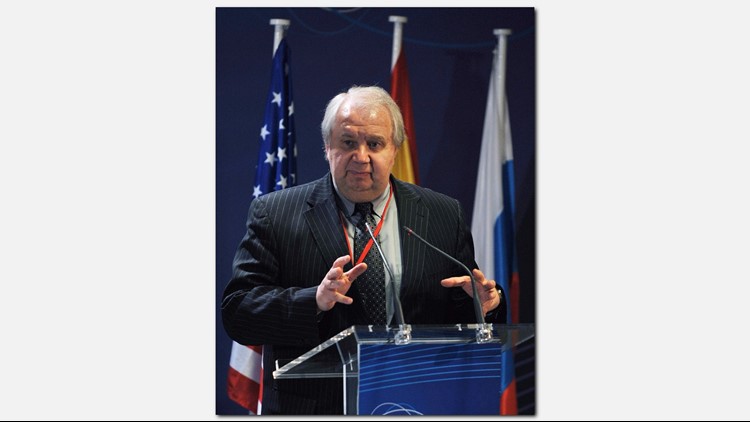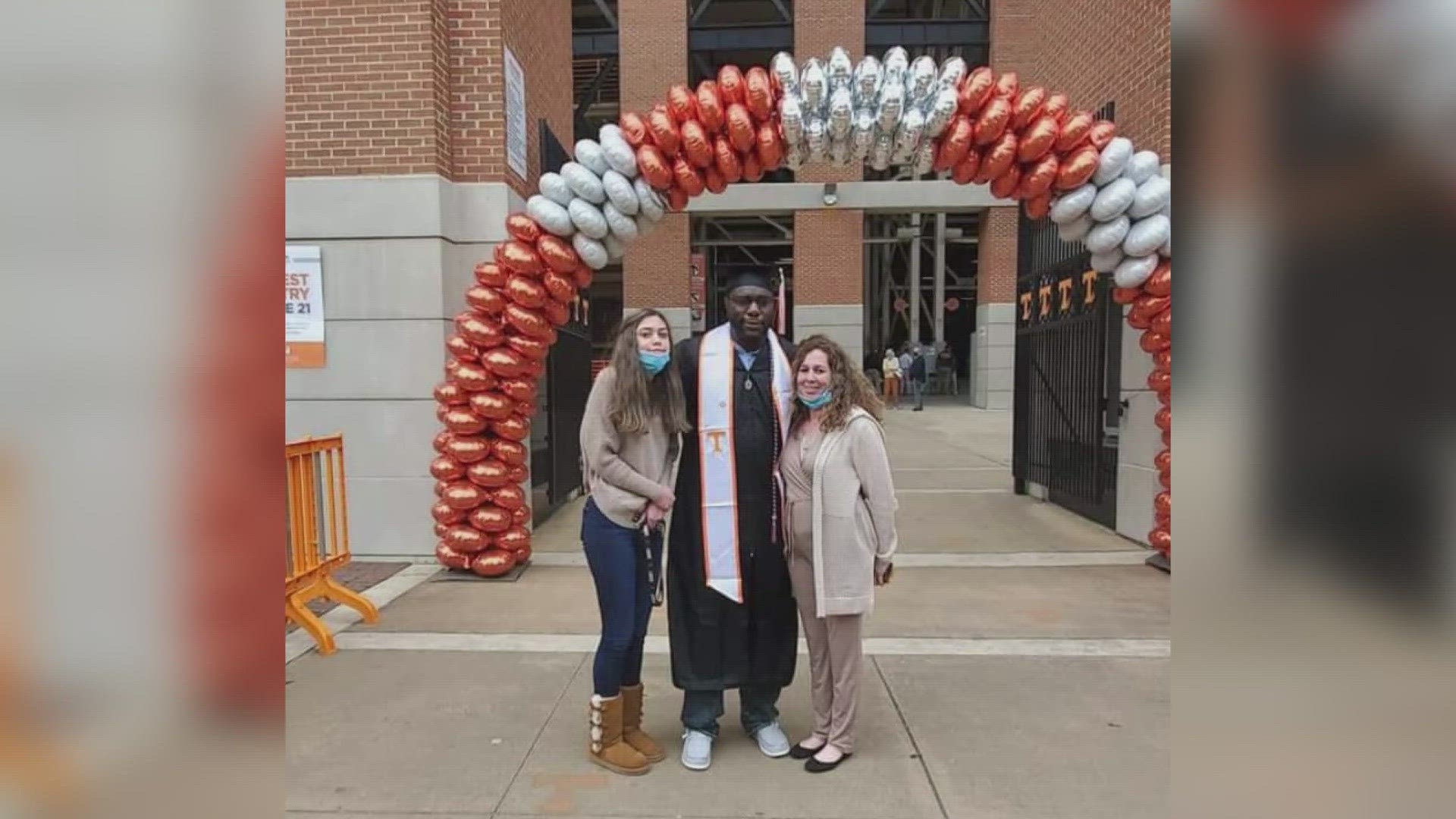WASHINGTON — The Russian ambassador who met with then Sen. Jeff Sessions last year has left a path of repeated involvement in the U.S. presidential election campaign.
Ambassador Sergey Kislyak’s staff became embroiled in an election monitoring brouhaha last fall, and President Obama expelled 35 members of Kislyak’s team late last year for their alleged interference in the election campaign to help Donald Trump.
Kislyak's telephone conversations with Gen. Michael Flynn before Trump’s Jan. 20 inauguration got Flynn fired as national security adviser after less than a month in office. Flynn admitted he had misrepresented to Vice President Pence that he talked to Kislyak about the steps Obama took in response to charges that Russia hacked and disseminated emails from the Democratic National Committee and Hillary Clinton's campaign. Multiple conversations between Flynn and Kislyak had been intercepted by U.S. intelligence.
Now Attorney General Jeff Sessions may be in hot water over meetings he had with Kislyak last year, when he was a senator and Trump campaign adviser. Sessions testified during his Senate confirmation hearing that he "did not have communications with the Russians" while he was acting as a campaign surrogate for Trump.
The Russian embassy did not respond to requests for comment.
A spokeswoman for Sessions told reporters the two meetings were in his role as a senior member of the Senate Armed Services Committee.
The types of interactions Kislyak allegedly had with Sessions and Flynn "happen all the time," between diplomats and government officials said Derek Chollet, who worked in the Defense Department and Obama White House. "The difference is the context of the Russian-American relationship, the debate about Russia's role in our election, and the pattern of denying" that such contacts took place, Chollet said.
Last October, as Trump was charging that the U.S. election was “rigged” against him, Kislyak's staff around the country sought to send election monitors to U.S. polling stations in several states. The bid was rebuffed as “a PR stunt” by the State Department, and one state election official threatened criminal action if Russian monitors showed up.
Kislyak’s press secretary at the time, Yury Melnik, told USA TODAY that Russia was not trying to influence the election because it recognized that appearances can be damaging in the current political climate.
“We're trying to stay as far away as possible from this election, since any move that we do has a chance to be used in political discussion and interpreted in a wrong way,” he wrote in an email. “Our main goal is to let everyone understand that Russia in fact is not trying to interfere in the elections in any way.”
Kislyak, 66, worked on disarmament issues and would be familiar with U.S. monitoring of diplomatic communications and spycraft. He graduated from the Moscow Engineering Physics Institute and the USSR Academy of Foreign Trade and has spent his entire career as a diplomat, representing his country in Washington for the past nine years.
During the last decade of the Cold War in the 1980s, he served at the United Nations in New York and the Russian embassy here. As the Soviet Union collapsed and current President Vladimir Putin took power in the 1990s, Kislyak worked on disarmament issues in Moscow. In addition, he served as ambassador of the Russian Federation to Belgium, where he also was Russia’s representative to NATO.
Kislyak is known as a diplomat who frequently appears at speaking events and interacts with lawmakers and other U.S. officials in Washington, said Chollet. "When you talk to Kislyak you know he’s talking for the government of Russia, and that he’s going to faithfully report back to Russia what you’re talking about."
Kislyak would help arrange meetings between U.S. Defense officials and their Russian counterparts about ways to work together on issues, but much of that interaction dried up in 2014, after Russian seized Ukraine's Crimea Province, putting U.S.-Russian relations on ice, Chollet said.



